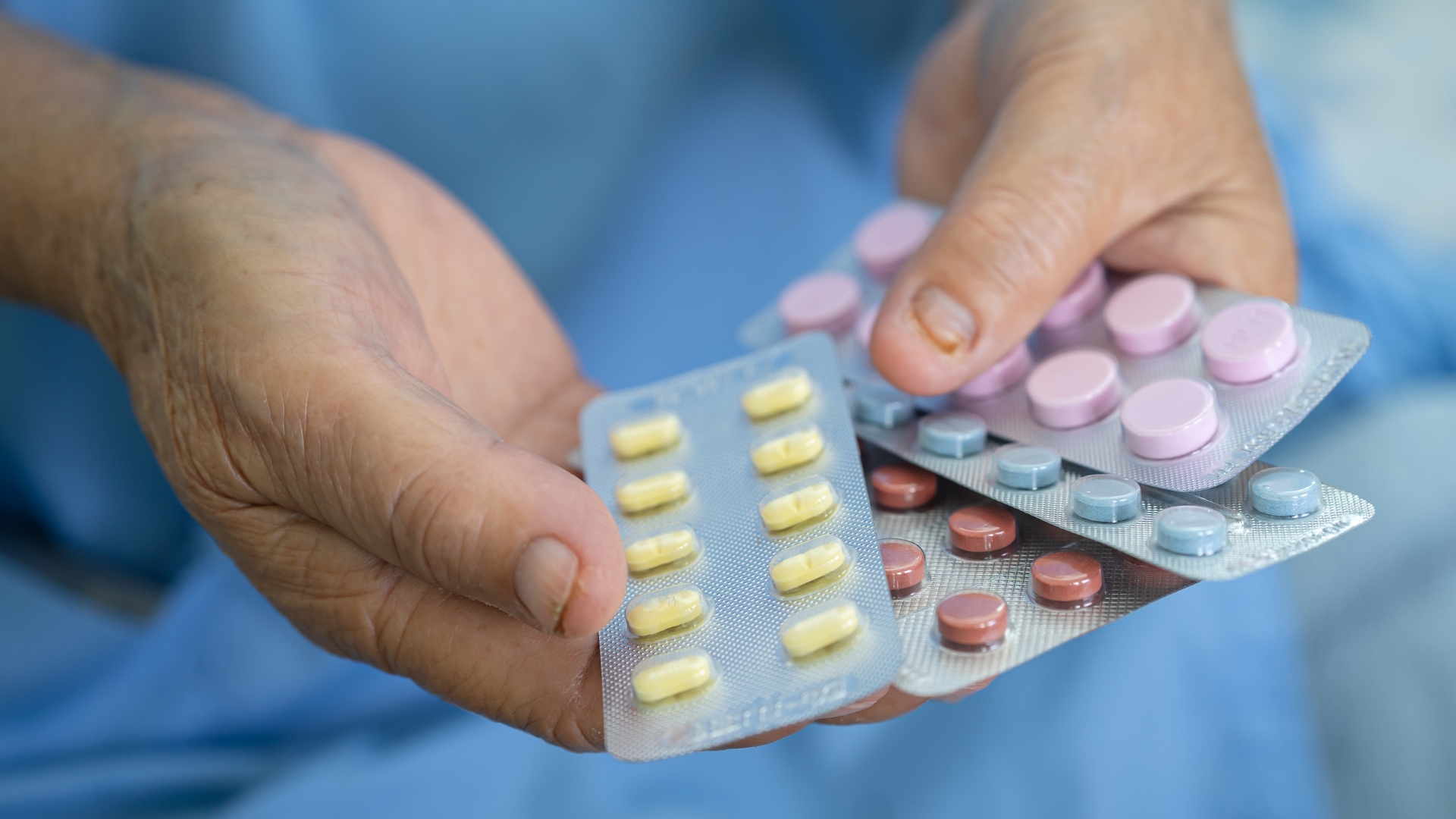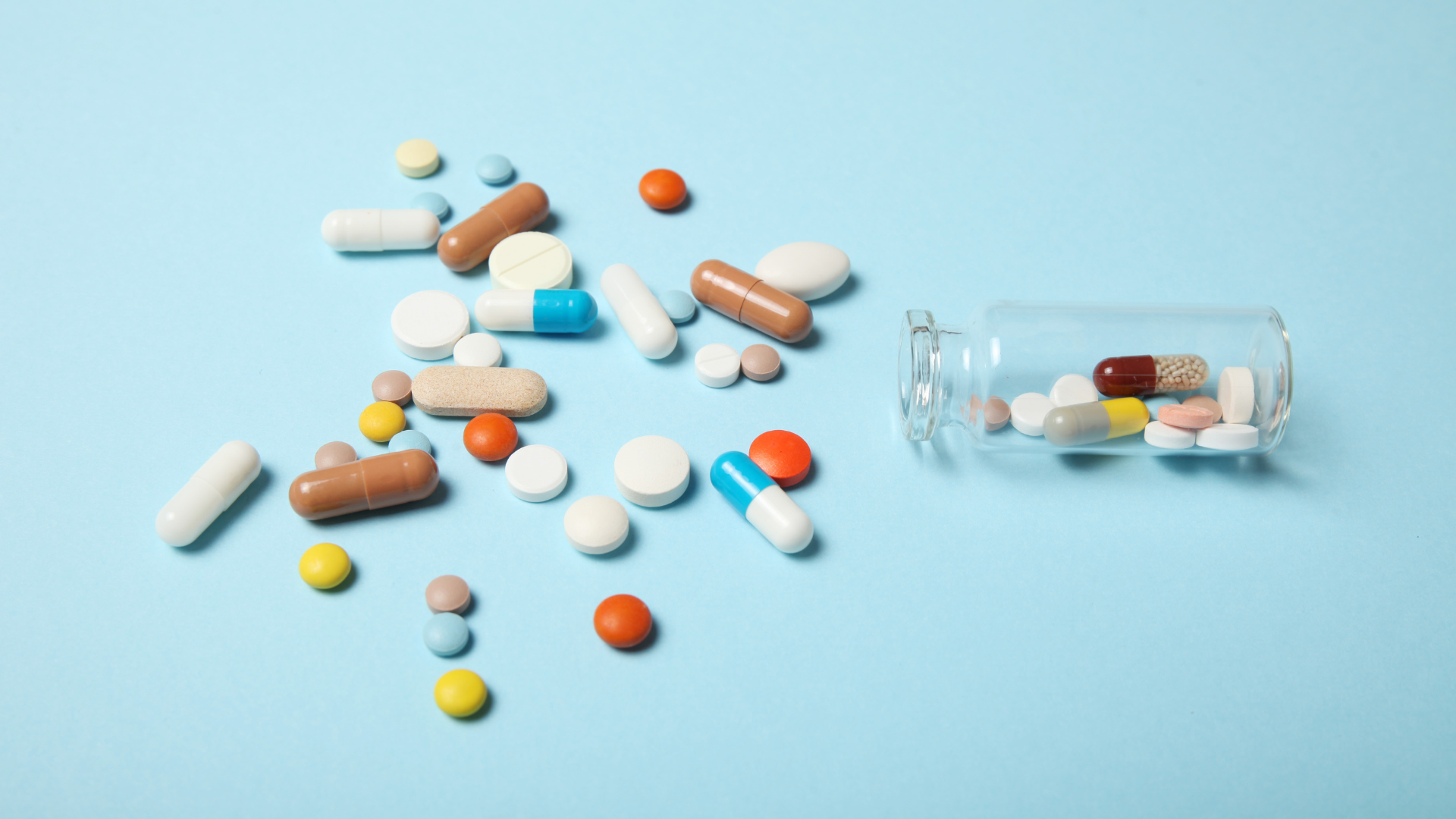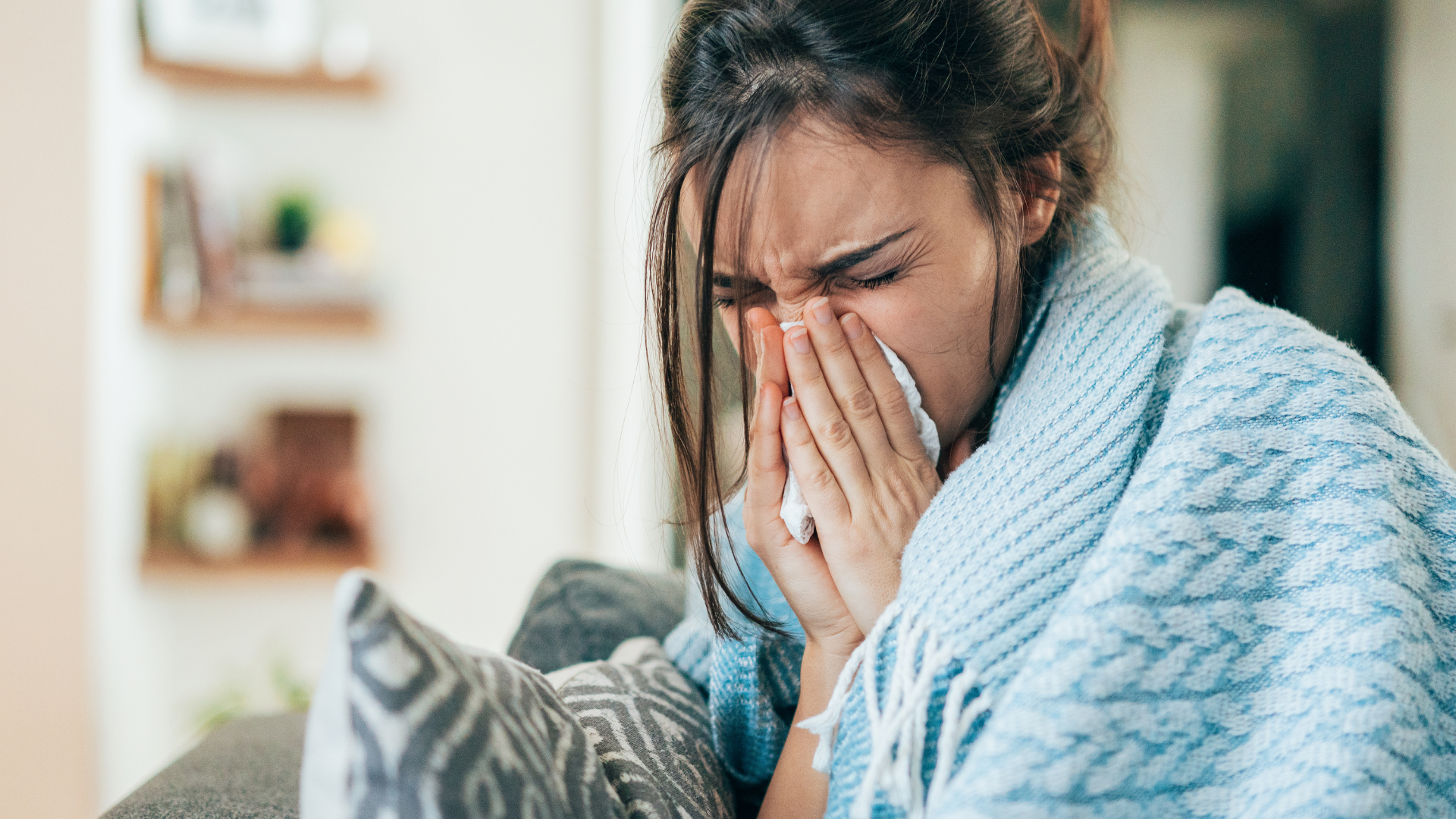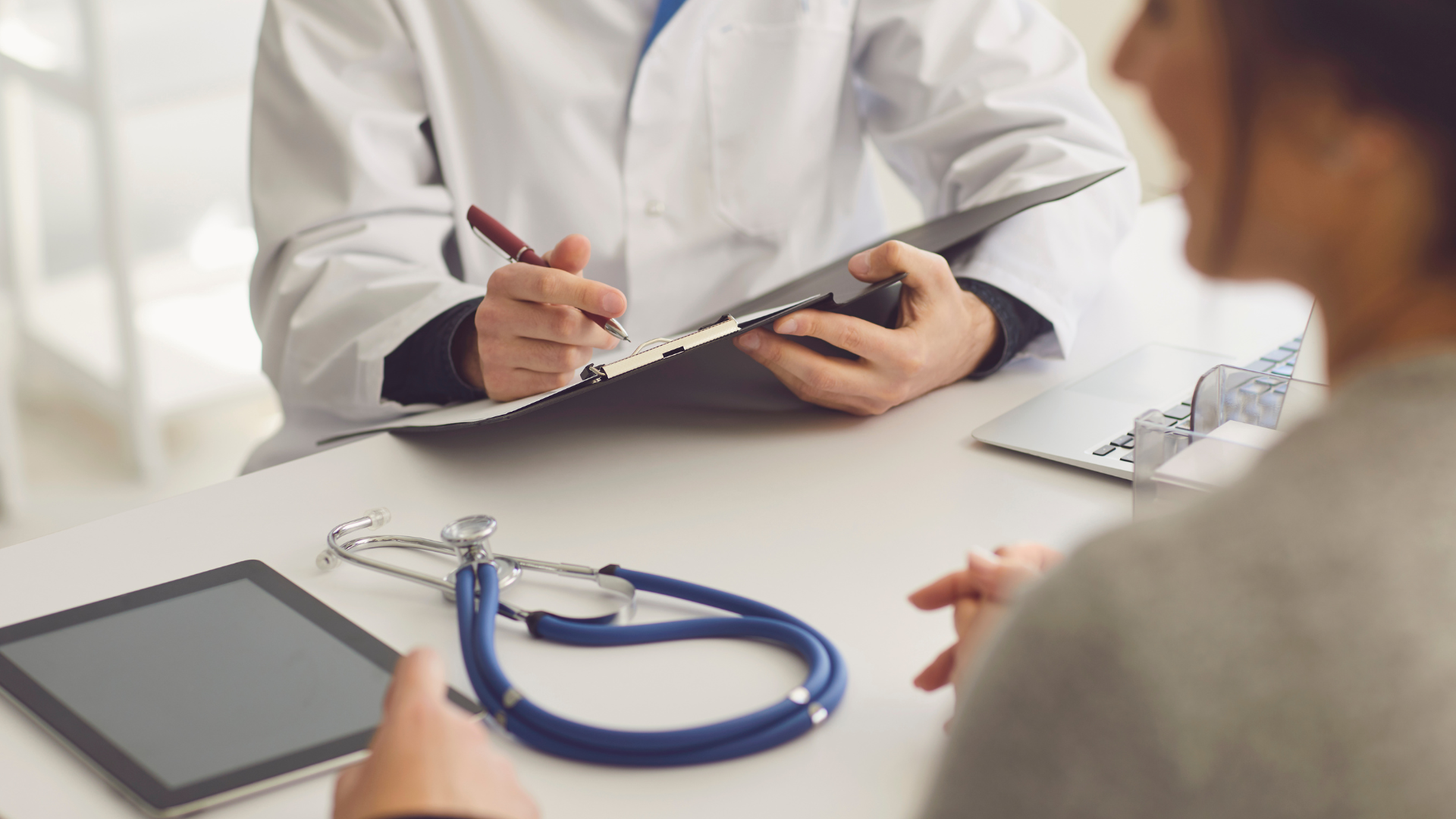Whether you have skin problems, bacterial infections, urinary tract diseases, or you’ve had an allergic reaction to something, you’ve probably been prescribed antibiotics to fight and kill harmful bacteria.
Whilst this may be the best treatment option for you, there are side effects of antibiotics that can make you feel tired as well as sick or feverish.
Antibiotics work hard to make you better, but along the way, they also kill off good bacteria too as they cannot distinguish between good and bad bacteria.
So, if you do have a bacterial infection that needs attention, you will feel worse before feeling good again.
Today we will dive into what types of antibiotics are out there and which antibiotics make you tired, plus how you can combat fatigue whilst taking antibiotics.

Types Of Antibiotics
There are quite a number of antibiotics available to people so they can treat infections in an effective manner.
Each antibiotic will work towards fighting a specific type of parasite or bacteria that has invaded your system and made you unwell.
- Penicillin – one of the oldest antibiotics that will treat conditions such as respiratory tract infections
- Cephalosporins
- Aminoglycosides
- Nitrofurantoin (urinary tract infections)
- Clindamycin (sinus infections)
- Quinolones
Specific Antibiotics That Can Cause You to Feel Fatigued
There are some common antibiotics that will make you feel tired when taking them, but it will depend on the individual, however, these have been known to be the ones that cause it most.
- Amoxicillin
- Azithromycin
- Ciprofloxacin
If you are taking these antibiotics and are experiencing fatigue, then this could be the reason why, plus combined with the infection that you are fighting.

What Other Medications Can Make You Tired?
Antibiotics are not the only medications that can make you feel tired or lethargic, there are other medications that can have the same effect.
- Antihistamines
- Cough Medications
- Chemotherapy
- Heart Drugs
- Pain Medications
- Antidepressants
- Anti-Anxiety Medications
If you are taking any of these medications and are feeling fatigued, then this could be the reason why.
Always check the side effects on the box to see if this is one of them that you can experience, if not, contact your doctor and let them know how you are feeling.
If you are combining them with antibiotics, then your immune system is working overtime, so you will need to make sure that you rest as much as possible.
You Could Become Resistant
You should always consult with a doctor before taking antibiotics, just in case they interfere with other medications that you are taking.
Some medications can lessen the effects of antibiotics so you are not getting the full effect and it could lead to antibiotic resistance which is something that needs to be avoided as much as possible.
This can also happen if you take them when you shouldn’t or take them too many times.

Why Are You Feeling So Tired?
All antibiotics work differently to achieve the goal of treating bacterial infections, viral infections, yeast infections, and so on.
Some of them will kill the germ in your body by interfering with the structure of the cell wall, whilst others will stop the infection you have from multiplying and making you worse.
They are unbalancing your body, and putting you into a state you are not used to, this can ‘mess’ with your body which will result in dizziness, uncomfortable digestive side effects, sickness, and so on, which can all add to your tiredness.
The use of the correct antibiotics is crucial for treating infections effectively and preventing serious complications, such as bacterial meningitis.
The term ‘right antibiotics’ carries significant importance, as taking the wrong medications can lead to further health issues and worsen the condition.
While doctors generally prescribe appropriate medications to patients, instances, where individuals are given the wrong antibiotics, cannot be entirely disregarded.
If you are experiencing fatigue and suspect it might be due to the use of incorrect antibiotics, it is essential to discuss your concerns with your doctor.
In unfortunate cases where medical negligence is evident, and the wrong antibiotics have caused harm, it might be necessary to take legal action with the help of an attorney from Gadsbywicks (or another law firm).

How Can You Fight This Fatigue?
Whilst it is not a nice feeling to go through, sometimes fatigue is going to settle in, whilst you can’t completely get rid of it, there are ways that you can reduce this effect and hopefully make you feel not so tired.
Take Your Antibiotics at Different Times
Taking antibiotics at the start of the day when they make you feel tired will throw anyone off, try switching your dose to the nighttime and see if that helps you more, as the tiredness may help you fall asleep, especially as your body is calling out for it.
If you have to take them twice a day at a specific time apart, then this might not be possible.
Get Professional Medical Advice
Before you try this, always consult with your doctor first to make sure that you are doing it the right way.
Never stop taking them or change the times without letting them know first as this could prolong your infection and it might require you to take more.
Rest Up as Much as Possible
Your body is fighting an infection, you cannot just go about your day as normal, you need to rest, so if your antibiotics are pushing you down as well, then listen to your body.
Take things slowly and focus on feeling better, don’t just assume that you will be fine because the antibiotics are ‘doing their thing’, you need to support your body so that you can get back to normal.
Sleep, Sleep, and Sleep Some More
Take a nap, go to bed early, and just keep yourself in a calm and relaxed state so you can get through this bout of your illness.
Make your bed or sofa your best friend at this time, and put comfort above all else.

Keep Yourself Hydrated
Your infection or antibiotics can make you throw up as well as have diarrhea, this can make you lose fluids and potentially cause you to get dehydrated if you do not replace those fluids with water.
Ask a Family Member or Friend For Help
Dehydration can lead to fatigue and dizziness, so you will need to keep water with you always and have someone check on your fluid count to make sure that you are drinking enough, as when you are ill, days can blur into one and you can forget to do basic things.
Have a family member or friend check on you, or get them to call/message to remind you to drink if they can’t come in and see you.
See if There Are Alternative Medicines
Your doctor may be able to help you with alternative medications if you are finding it difficult being on the antibiotics you were prescribed.
For instance, if you do not want to continue taking medications for sinusitis, your doctor may be able to recommend other treatments such as nasal irrigation (maybe through a Sinus Rinse Bottle) or steam inhalation. They may also suggest lifestyle changes, such as reducing stress or making dietary changes, that may help reduce the severity of your symptoms.
Similarly, if you are tired of taking headache medications, they may recommend alternative treatments such as acupuncture, massage therapy, or relaxation techniques. These may help reduce the frequency and intensity of headaches without the need for medication.
You Can Swap Antibiotics
There are quite a few antibiotics out there that treat the same thing, so you may have to use those instead if the initial one prescribed to you creates bad side effects.
Switching to another option could be the best choice, especially if this is an infection that needs treatment, just don’t do it yourself or stop taking antibiotics until you have spoken to your doctor first.

Conclusion
Hopefully, you now know how to combat fatigue from antibiotics so you are not suffering from your antibiotics alongside your infection.
It is never nice going through something that ravages your system, it can make you feel ill for days and weeks after you have recovered, so always be kind to yourself and realise that you need this time to rest and get better.




